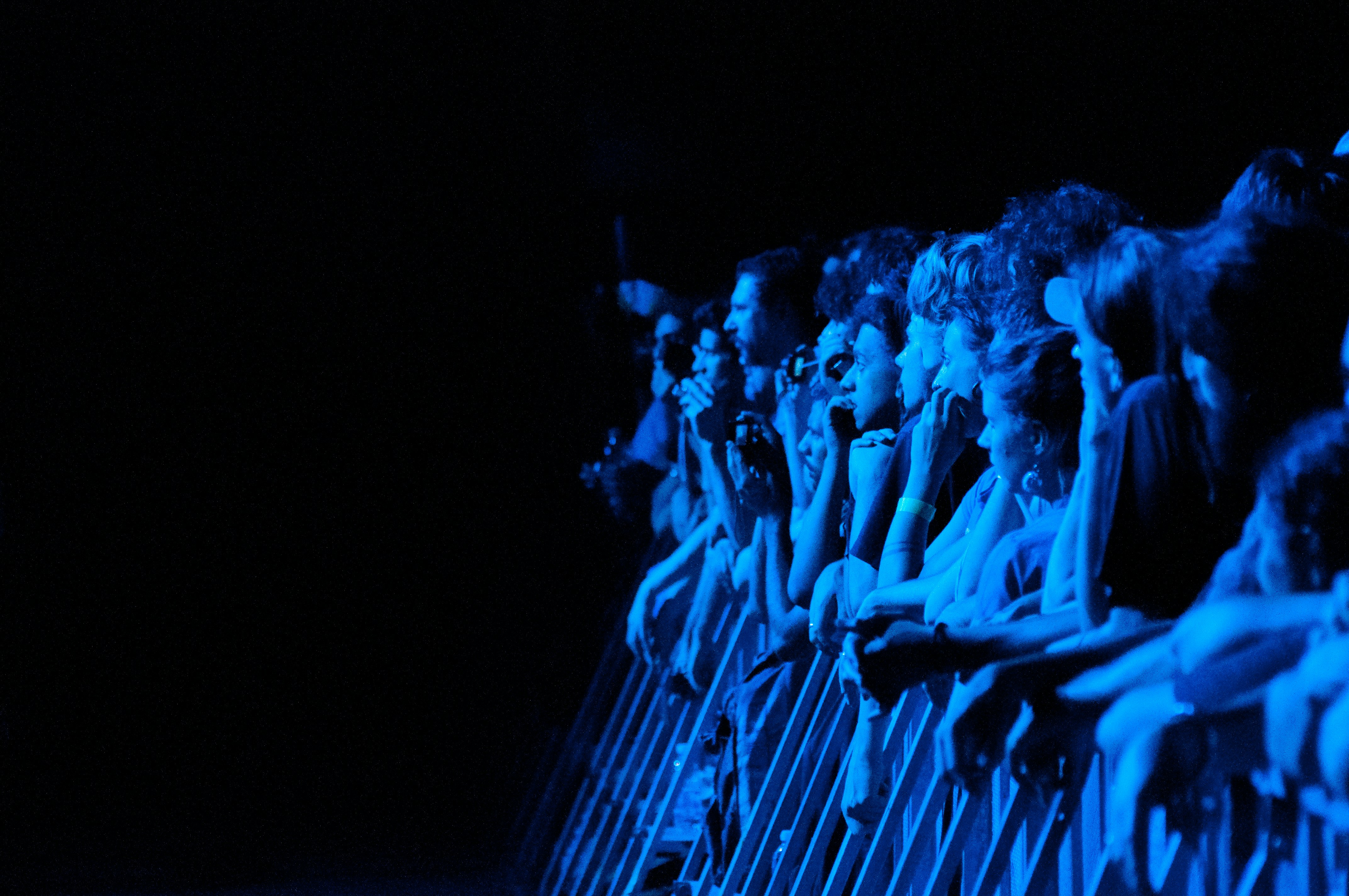
Email vs. SMS Marketing for Musicians: Which One Actually Works?
As a musician, connecting with your audience is essential for building a loyal fanbase and promoting your releases. But when it comes to digital marketing, should you focus on email or SMS campaigns? Both channels have unique strengths, but choosing the right one depends on your goals, audience, and resources.
The Power of Email Marketing for Musicians
Email marketing has long been a trusted channel for creators to engage with their audience. Here’s what makes it effective:
1. Detailed Content & Visuals
Email allows for rich content like album artwork, tour posters, embedded videos, and detailed announcements. You can tell a deeper story, highlight multiple calls to action (e.g., "Stream Now," "Get Tickets," or "Buy Merch"), and provide fans with comprehensive updates.
2. Scheduling & Automation
Email platforms offer robust automation tools. You can nurture fans with drip campaigns, send welcome sequences to new subscribers, or deliver pre-save reminders before a big release.
3. Cost-Effectiveness
Email marketing is generally affordable, especially when managing large subscriber lists. With proper segmentation, you can send highly targeted messages without overspending.
Key Drawbacks: Despite its strengths, email engagement rates can be inconsistent. Messages often end up in promotions or spam folders, and fans may overlook your content.
The Power of SMS Marketing for Musicians
SMS marketing has emerged as a powerful way to cut through the noise and reach fans directly on their phones. Here’s why SMS stands out:
1. Unmatched Open Rates
Text messages boast an impressive 98% open rate, with most being read within minutes. This makes SMS ideal for time-sensitive campaigns like ticket drops, merch releases, or live stream reminders.
2. Personal & Immediate
Texting feels more personal. Fans are more likely to engage with messages that feel like a direct conversation rather than a mass email.
3. Stronger Engagement for VIP Audiences
SMS excels with smaller, dedicated fanbases who want exclusive content, early access, or behind-the-scenes updates.
Key Drawbacks: SMS has strict character limits, making it harder to provide detailed information. Costs can also add up, especially for large contact lists.
When to Use Email vs. SMS Marketing
Both channels excel in different scenarios. Here’s how to decide:
Use Email For:
-
Monthly newsletters
-
Album or tour announcements
-
Longer-form content (e.g., blog-style updates or merch showcases)
Use SMS For:
-
Urgent reminders (e.g., "Tickets on sale now!")
-
Time-sensitive updates (e.g., "New single drops in 1 hour!")
-
VIP content and engagement with super fans
Combining Email and SMS for Maximum Impact
The best strategy often blends both channels. For example:
-
Email Campaign: Announce your album launch with details about the release date, tracklist, and tour schedule.
-
SMS Follow-Up: Send a quick reminder the morning your album goes live with a direct link to stream it.
By combining both approaches, you maximize your reach while tailoring content to different engagement styles.
Final Thoughts
For musicians navigating digital marketing, balancing email and SMS is key. While email offers depth and cost-efficiency, SMS excels in immediacy and engagement. Leveraging both effectively can help you connect with fans at the right moment.
If you’re looking for an easy way to manage SMS campaigns alongside other marketing efforts, tools like Sonikit can streamline the process for musicians, helping you focus on your music while reaching your audience effectively.

Keep reading
All posts
Owned Audience vs Rented Audience: The Marketing Concept Every Artist Should Understand

How Artists Actually Build a Fanbase in 2026 (Beyond Streaming Algorithms)
